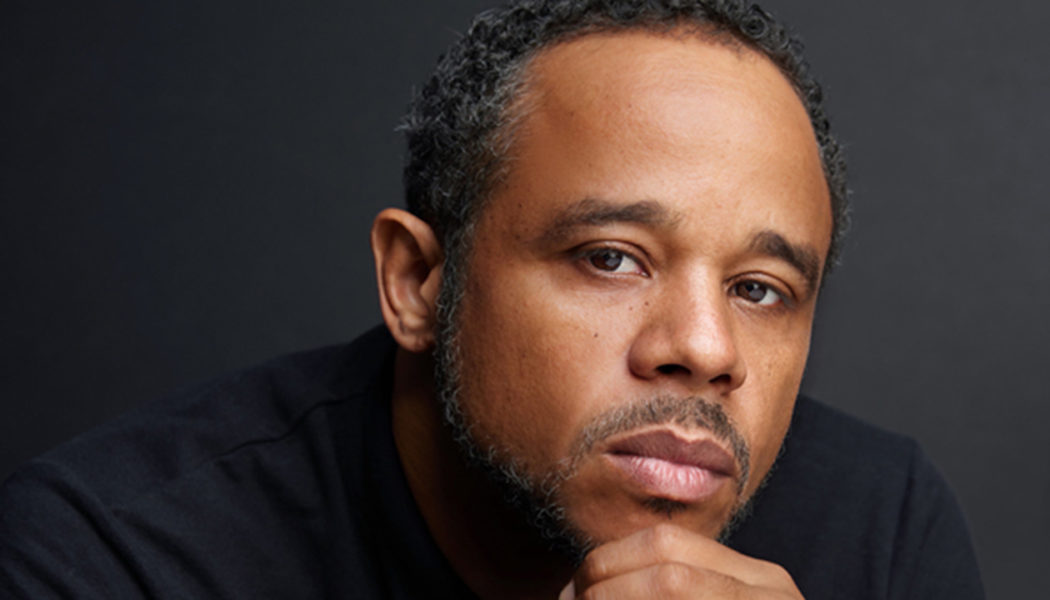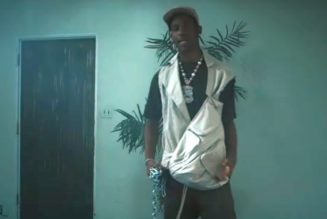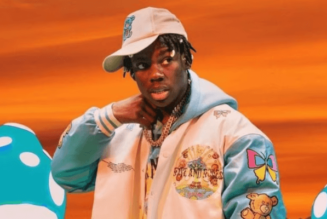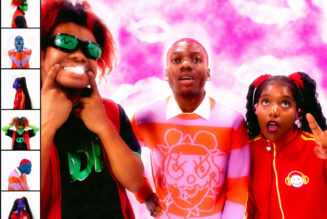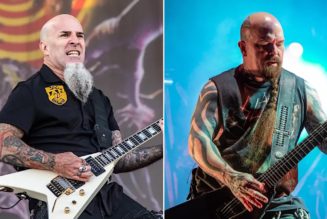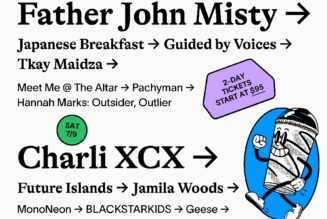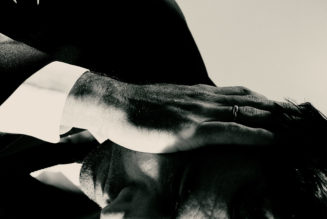By Chinonso Ihekire
02 September 2023 | 4:33 am
African music has become a behemoth of talent, bustling with so much zest and attracting global acclaim. With self-reward mechanisms like award shows, the industry has discovered and funneled a myriad of international mega superstars…
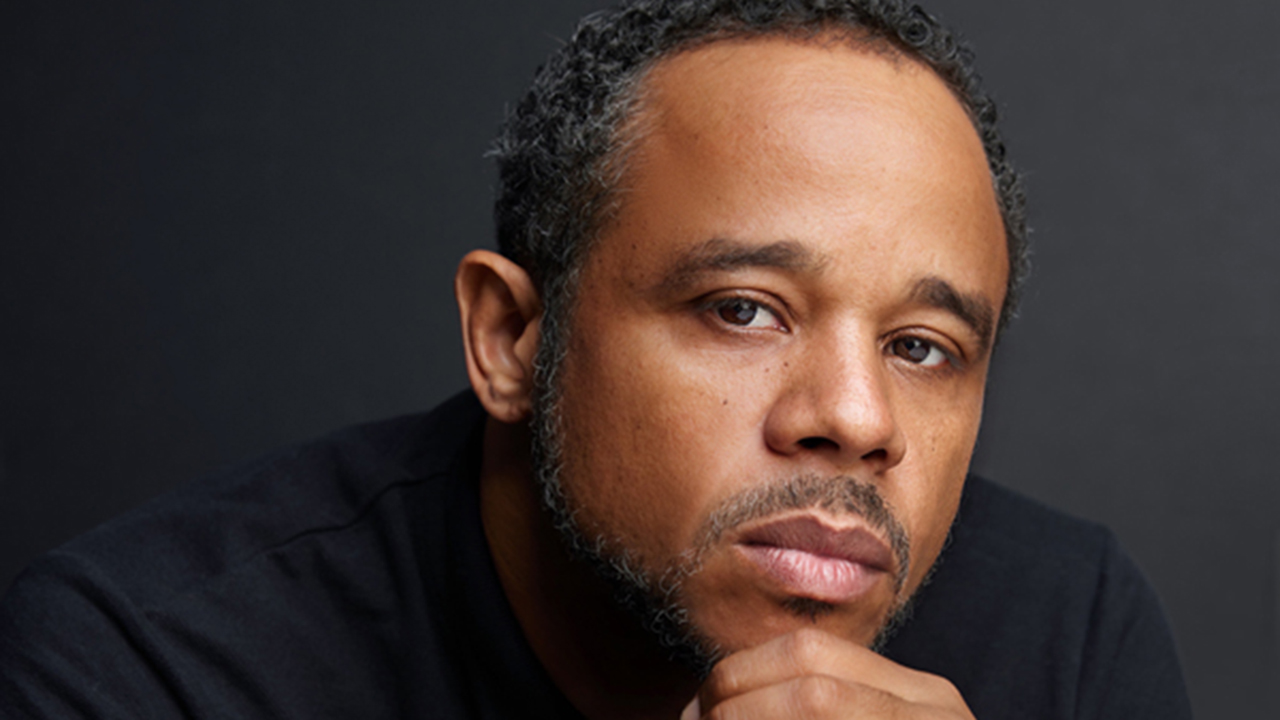
African music has become a behemoth of talent, bustling with so much zest and attracting global acclaim. With self-reward mechanisms like award shows, the industry has discovered and funneled a myriad of international mega superstars including the likes of Wizkid, Davido, Tiwa Savage, and Burna Boy, whose first award recognitions were given by indigenous award bodies.
Sadly, in recent times, owing to issues surrounding dwindling African economies, some of these awards have phased out, leaving just a few such as The Headies, All Africa Music Awards, and Soundcity Video Music Awards, among others. And the glaring need to document, position and promote our artistic successes locally would keep being a signal for more creative bodies to start crafting award shows.
Joining the league of pan-African award bodies, Trace Media is setting sail to the shores of Kigali, Rwanda, on the October 21, to debut its annual Trace Awards and Festivals, aimed at recognising African musicians and entertainers. The awards ceremony, among its myriad potentials, spotlights a rising hope for more minority African genres, including Bongo flava, Mbalax, Soukous, Rumba, Fuji, as well as offers a more definitive inclusiveness for the geo-political zones in Africa.
Catching up with Guardian Music, the Co-Executive Producer of the awards and the Senior Vice President of Global Business Development, TRACE, Sam Onyemelukwe, traces the story behind the Trace Awards, giving insight into the creative process, nominations criteria, as well as peep into its future.
What inspired the Trace brand to kickstart this movement right now.
We’ve actually been talking about doing an award for quite some time, especially here in Africa and Nigeria. It’s kind of standard for the big Music media brands to do an award, right? So, the idea began to crystallise last year. We felt that the awards landscape was wide open and that the only real awards that were truly celebrating afrobeats and the greatest African music were international Awards. From that point of view, we felt the time was right. Plus, it also coincided with Trace’s 20th anniversary. It also made sense for us to celebrate.
Why is the award going to Kigali for the first edition?
There are few reasons for that. One is that first, the Rwandese are very progressive in terms of every aspect of their economy. One of those aspects is around the understanding that eventing and bringing people to the country is a very important thing. That’s where that came from. Number two, still aligned with that, is again their commitment to improving or should I say to putting infrastructure in place, which is world class. They’re committed to having not only a great infrastructure for large scale events like this, but also the surrounding infrastructure around it. The airport is and the immigration system is very straightforward and very easy to navigate. And visas are on arrival. So, they’ve built the infrastructure around having and welcoming large scale events like this for tourism and entertainment.
Lastly, Trace is a pan-African media brand. We represent all five regions of the continents, East, West Southern and even the Maghreb, the North African. And also, most importantly, the sixth region of Africa, which is the Diaspora, right? We have channels in the Caribbean, in Brazil, in the UK, in France, and where there are large Diaspora populations in the US. So, we wanted a destination that would be easy for everybody to come for this event.
Does Trace have intentions of having this award show in other regions or countries after this edition?
We are focused on making an amazing event this time. Ultimately, however, we would like to touch down for the awards in multiple locations.
Nonetheless, we are doing an award tour. We had an event in Kigali last week. The awards will touchdown in Lagos on September 16 and then in Accra on September 17. Several of the nominees and our friends in the industry will be in attendance. We’ll have a great party at Vertigo on September 16. That awards tour is going to touch down in about eight cities across Africa, including Paris, London and possibly some other places.
The award categories are very universal – Best Lusophone, Best Anglophone and the like. What constitutes what should be nominated in these categories?
One thing is clear, when you do an award, you’re going to get controversy over some selections that you made, possibly some of the awards categories. But what we’re doing is that we’re basing heavily the selections on something that people can’t really complain about, which is the video played on Trace. And we’re looking at the number of spins for any given artist, any given video even across albums and across our 30 channels across the world. Within that, we have quite a lot of data to go by, right? That is the guiding principle. Of course, there’s going to be voting too. There is a primary focus on the types and genre of music that appeal to young people; basically, the types of genres that appeal to the Trace audience.
Can you give us a brief rundown of the event or any other details?
As the MD of West Africa for Trace, I will tell you something. To me, it was critical that this happened because while I love all of the great events that happen here in Lagos or even the awards that are being done by some of our contemporaries in Nigeria and in other places, I felt that it was crucial that we do an award that is reflective of the global appeal of Afrobeats. I wanted to bring the international high quanti-premium appeal of the Trace brand into a live event. Our young creators deserve nothing less than that, and that’s why we’re doing this Trace awards.
A video director in Nigeria, TG Omori, criticised Trace for not recognising video creators in its award show. What is your reaction to this?
I saw TG’s Tweet the other day and I’m even more surprised that it hasn’t gone a bit more viral yet. I wouldn’t be surprised if that conversation continues for a while. As I said, you can’t do an award without some controversy surrounding it. And to be honest, if we could do an award where we could celebrate every aspect of the industry, we would love it. But at some point, you have to make a few valid judgment calls. I hope in the future I will be able to go wider and wider.
This is going to end up being about a three-hour show between the red carpet and the live broadcast of the awards event itself. And, we’re planning about eight or nine performances with all sort of incredible liberations, and combinations that you never expect. We expect some incredible music and an incredible show but we couldn’t let this be a 10-hour show. Nobody would watch that.
